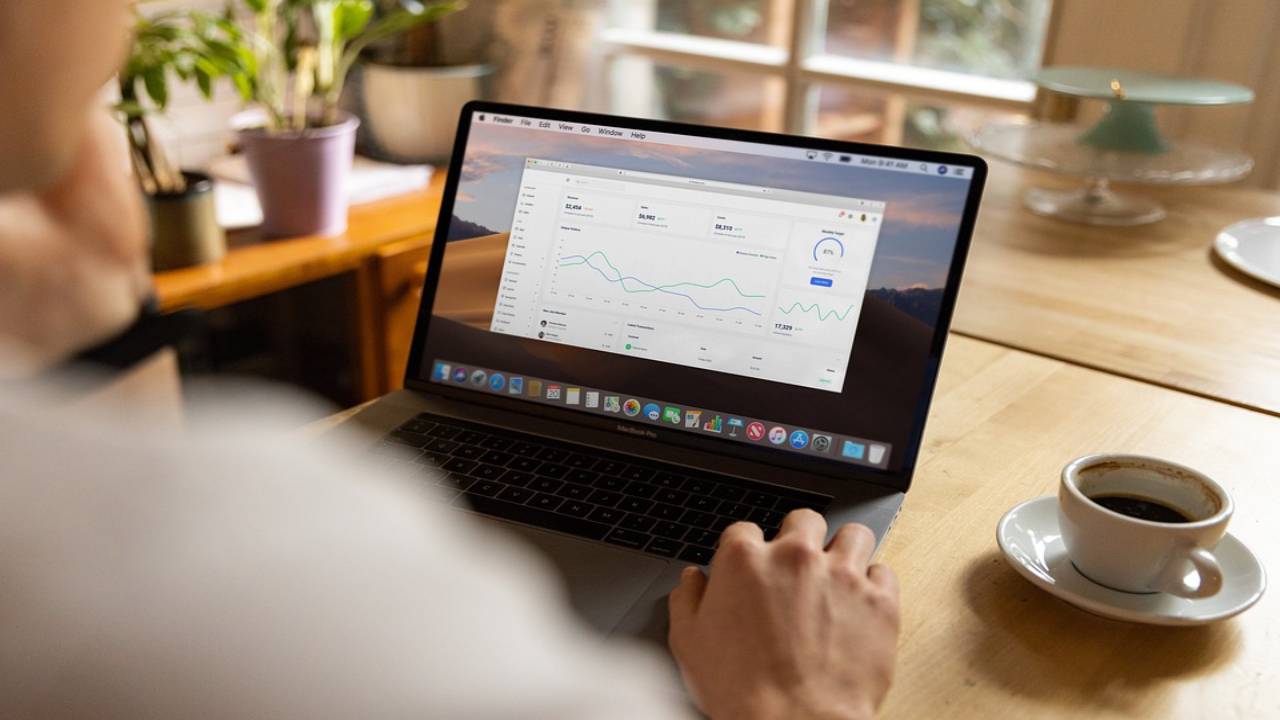Buying a laptop may be a frustrating task, and even perusing the manufacturers’ websites to purchase the model you desire is time-consuming. Here’s how to sort through the acronyms, storage choices, and additional features to discover the best one for you.
We expect that this knowledge will assist you in navigating the maze of current cheap laptops. Below is a section on each principal component you’ll want to be aware of while shopping for your future PC. We break down the jargon and attempt to explain things in layman’s terms.
Table of Contents
1. First, choose an operating system.
Before you start looking for inexpensive laptops for sale, you need to choose which operating system (OS) is appropriate for you. Assuming what software you need to run and which operating systems that program works on can assist you in determining what hardware you need.
There are four primary operating systems for computers. Here’s a rundown of each:
a. Windows:
This veteran operating system doesn’t receive much attention anymore, but it gets the job done. If you need Microsoft applications such as MS Office, Access, or Outlook, this is the best option.
More budget laptops with Windows are available than any other operating system. To view some of the options available, check out our selections for best laptops, best gaming laptops, and best affordable laptops.
b. MacOS:
Although Apple’s macOS is more user-friendly than Windows, it is near associated with its hardware. If you don’t have an iPhone or iPad and your alternatives are restricted to MacBooks, it’s probably not your first pick.

c. Chrome OS:
Does a web browser suffice for the majority of your laptop work? If yes, Chrome OS is a fantastic option. Chrome laptops on sale are also among the least expensive (and least powerful) options available thus;, the OS is worth considering if you’re on a limited budget.
d. Linux:
It’s possible to install Linux on just about any laptop that has ever been made. That is, provided you wouldn’t need Microsoft Office and don’t mind learning how to use it for a while. The drawback is that popular software such as Microsoft Office and Adobe’s Creative Suite will not work.
2. How much processing power will you require?
Expecting to deal with its expense, an Intel i7 CPU is a worthwhile update that will make your pocket-friendly laptops seem faster. However, the greater power frequently equals shorter battery life, so you’ll need to weigh that against your demands.
A gaming laptop, for example, would take an i7 (or i9) processor, although an i3 or i5 is generally sufficient for less demanding work.
3. How much RAM do you require?
The more, the better! The ordinary Windows user should be OK with eight gigabytes of RAM, but increasing to 16 GB will make your cheap laptops much more competent (and is necessary for gaming).
Again, if you’re developing and creating software or editing video clips, both of which demand a large amount of RAM, you’ll want at least 16 GB. If you can afford it, you’ll probably be pleased with 32 GB.
4. Make your decision
As soon as you pick a few models, read some reviews, and look for things that aren’t just specs. For example, how much the joint holds up in the long run, how comfortable the keyboard is to type on or use a mouse.
How well the trackpad works, and how toasty the underside gets in your lap. Reading reviews is beneficial since specifications won’t tell you whether a hinge is poorly constructed or sticky or if the lid scratches easily.
Tech India Today
Related posts
Recent Posts
- How Important is Competitor Analysis? November 13, 2023
- Securing the Internet of Things: A Growing Concern October 2, 2023
- When DevSecOps Shines: Reinventing Software Development May 17, 2023
- Implementing Infrastructure As Code (IaC) With DevOps April 21, 2023
- What Can You Gain By Choosing a Reputable HVAC Software Solution? March 19, 2023
Categories
- Artificial Intelligence (AI) (18)
- Augmented Reality (AR) (5)
- Automotive (7)
- Blockchain (2)
- Business (45)
- Career (4)
- Cloud Computing (6)
- Computers (4)
- Content Management System (1)
- Cryptocurrency (1)
- Cybersecurity (7)
- Data Science (1)
- Digital Marketing (32)
- E-commerce (1)
- Education (6)
- Electronics & Hardware (10)
- Entertainment (5)
- Finance (9)
- Gadgets (23)
- Games (3)
- HTTP (3)
- Industry (2)
- Infographics (3)
- Internet (138)
- Internet of Things (IoT) (22)
- Job (3)
- Lifestyle (2)
- Machine Learning (7)
- Marketing (45)
- Marketplace (2)
- Mobile Apps (20)
- Natural Language Processing (2)
- Network (15)
- News & Trends (15)
- Operating System (OS) (6)
- Programming (10)
- Robotic Process Automation (RPA) (13)
- Security (19)
- SEO (24)
- Social Media (29)
- Software (35)
- Tech India Today (1)
- Technology (166)
- Virtual Reality (VR) (2)
- Web Apps (12)
- WordPress (1)
- Workflow (2)
- Workforce (2)
- Workplace (1)
- Workspace (1)

